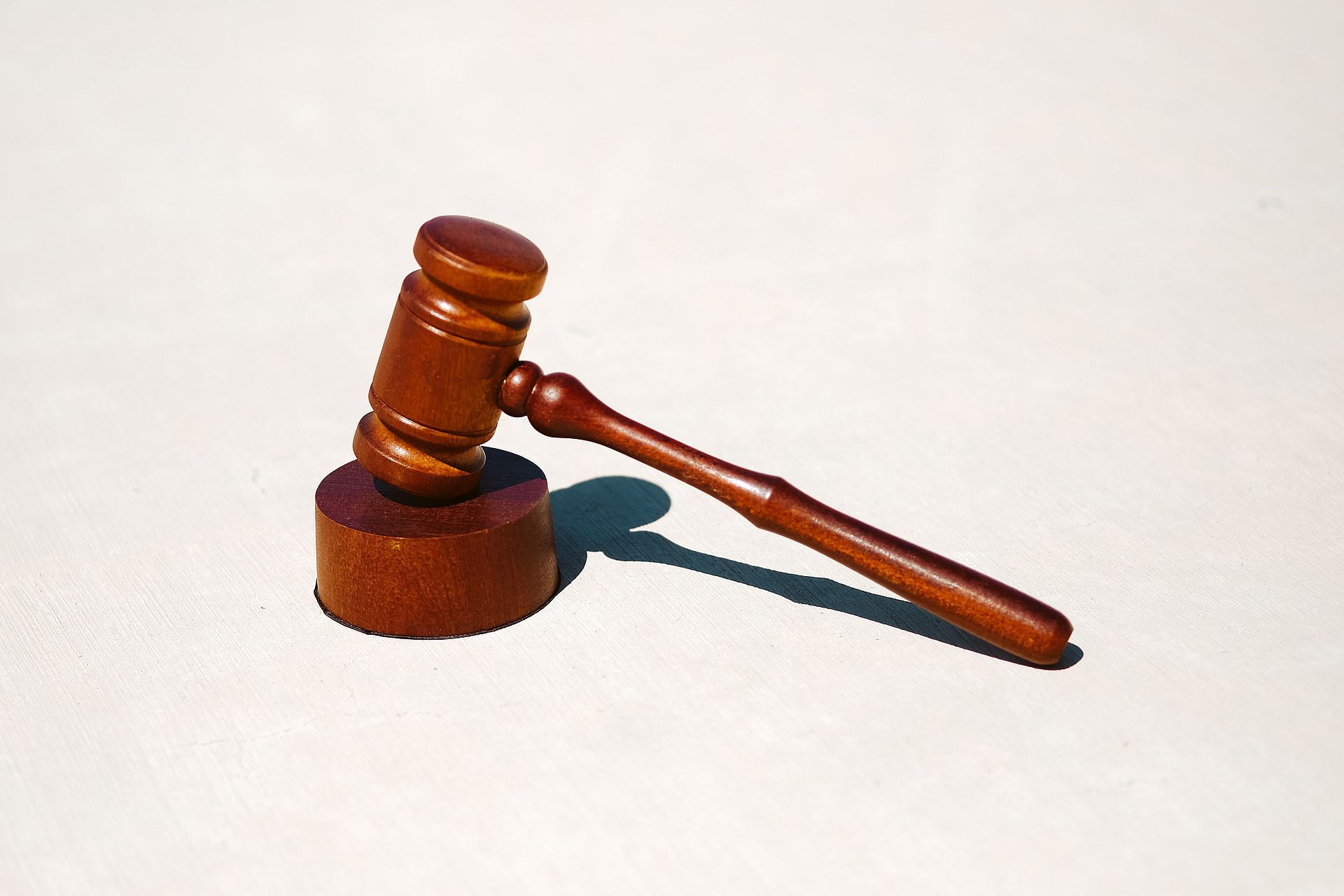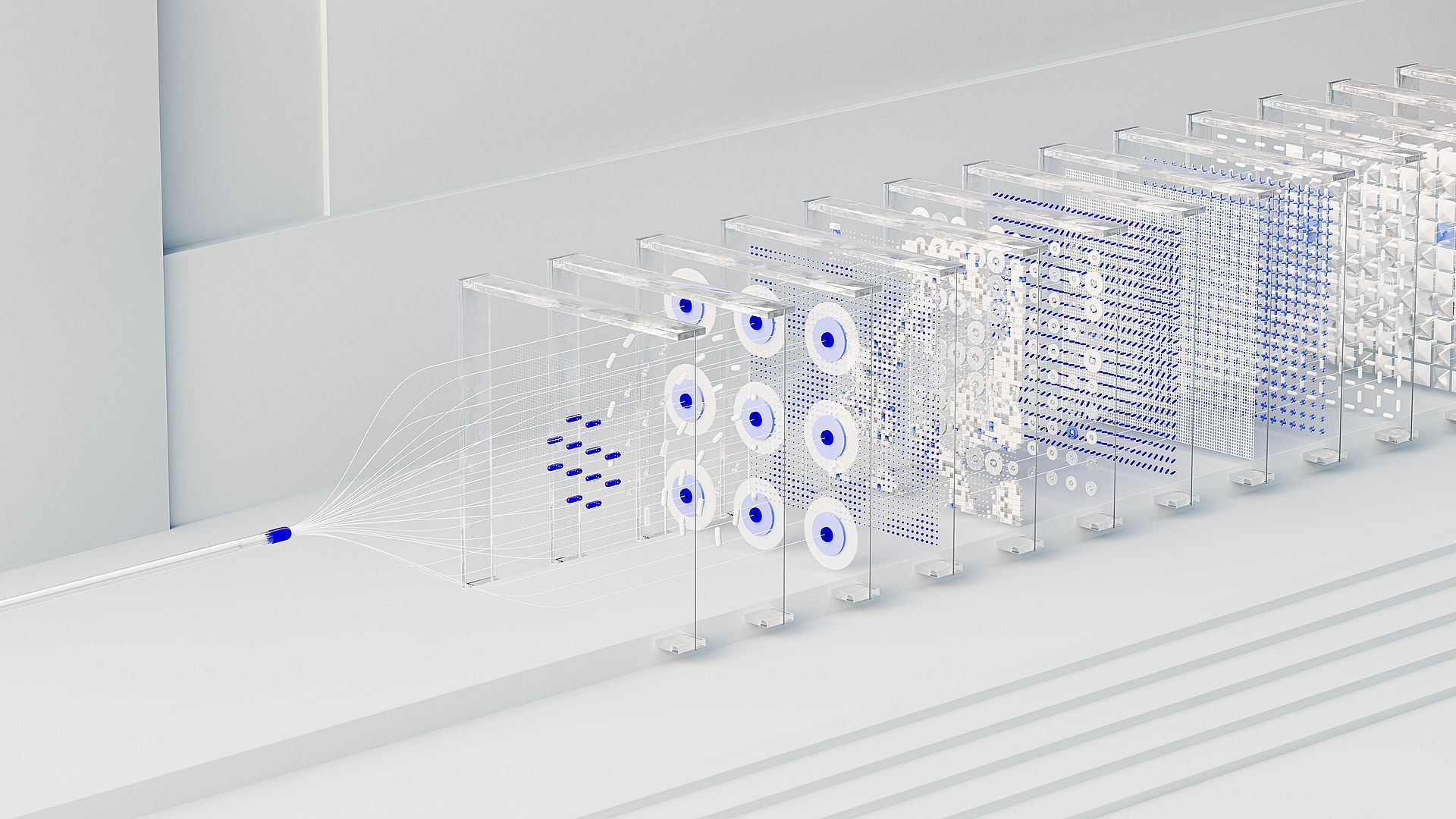Imagine a future where the artists of tomorrow are not only human visionaries but also lines of code and algorithms. This future is upon us, and it has ignited a legal battle that seeks to balance the scales of artistic expression and copyright protection in an era where machines are birthing masterpieces. In the heart of this storm stands U.S. District Court Judge William H. Orrick, who recently delivered a decision that could chart the course for the evolving relationship between AI and art.
This landmark lawsuit, brought before the U.S. District Court, brings three artists into the spotlight: Sarah Anderson, Kelly McKernan, and Karla Ortiz. Their accusation is clear and direct: AI art generators using the powerful Stable Diffusion technology have violated their copyrights, often without asking permission, paying, or even mentioning them. The defendants in this high-stakes showdown are Stability AI, Midjourney, and the iconic social platform DeviantArt.

AI art lawsuit breakdown
The lawsuit revolves around a complex issue of artificial intelligence, copyright law, and the creative arts. Here is a detailed explanation of the lawsuit:
- Parties involved: The lawsuit involves three main parties:
- The Plaintiffs (Artists): Three artists, namely Sarah Anderson, Kelly McKernan, and Karla Ortiz, initiated the legal action. They have accused the defendants of copyright infringement related to their artworks.
- The Defendants (AI Art Generators): Two entities, Stability AI and Midjourney, are creators of AI art generators that utilize Stable Diffusion technology to transform text into images. A third defendant, DeviantArt, is a popular social network and image sharing service that introduced its own AI image generator, “DreamUp,” using Stable Diffusion technology.
- Core allegation: The central allegation made by the artists is that AI art generators, including those produced by Stability AI, Midjourney, and DeviantArt, have been infringing upon their copyrights. The artists argue that these AI systems often employ extensive datasets of human-created art to train and generate new artworks. Importantly, this is done without the consent, compensation, or even awareness of the original human artists.
- The motion to dismiss: In response to the artists’ allegations, the defendants filed a motion to dismiss the lawsuit, seeking to have the case thrown out on various legal grounds. The primary objective of the motion was to argue that the lawsuit should not proceed based on the artists’ claims.
- Key defects in the complaint: The lawsuit faced several challenges due to what the judge deemed to be significant defects in the artists’ complaint:
- Lack of copyright registration: One crucial issue highlighted in the case was that two of the artists, Kelly McKernan and Karla Ortiz, had not registered copyrights for their artworks with the U.S. Copyright Office. This omission was considered a significant weakness in their claims of copyright infringement.
- Limited copyright registrations: Sarah Anderson, the third artist involved, had only registered copyrights for a fraction of her extensive body of work. This limitation further diminished the strength of the artists’ claims against the AI art generators.
- The role of the LAION database:
- A key point of contention in the lawsuit was the Large-scale Artificial Intelligence Open Network (LAION), an open-source database containing billions of images. LAION was created by computer scientist and machine learning researcher Christoph Schuhmann and his collaborators. All three AI art generator programs under scrutiny relied on LAION as a crucial training resource.
- The complexity arises from the vast and diverse nature of the LAION database. Judge Orrick emphasized that not every image within LAION could be considered copyrighted material, and not every artwork generated by AI was derived from copyrighted sources. This made it challenging to establish copyright infringement in each specific instance.
- The Challenge of “Substantial Similarity”: Judge Orrick underscored the requirement for a “substantial similarity” between AI-generated art and the original human-created works to establish copyright infringement. This meant that it was crucial to demonstrate that the AI-generated art predominantly drew from copyrighted material and bore a substantial resemblance to the original works. Without this requisite evidence, copyright infringement claims were unlikely to be upheld.

While the lawsuit faced dismissal due to the noted defects, the artists were allowed to amend their claims and refile a more focused lawsuit, specifically citing instances of infringed copyrighted material. Notably, the judge allowed one count to proceed—a direct copyright infringement claim against Stability AI related to Sarah Anderson’s 16 copyrighted works.
In summary, this lawsuit highlights the intricate and evolving challenges at the intersection of AI-generated art and copyright law. It emphasizes the need for continual adaptation in legal frameworks to address the unique complexities presented by AI in the realm of creative arts. While the lawsuit faced partial dismissal, it underscores the unresolved issues and ongoing debates in the evolving landscape of AI-generated art and copyright jurisprudence.
Featured image credit: Tingey Injury Law Firm





